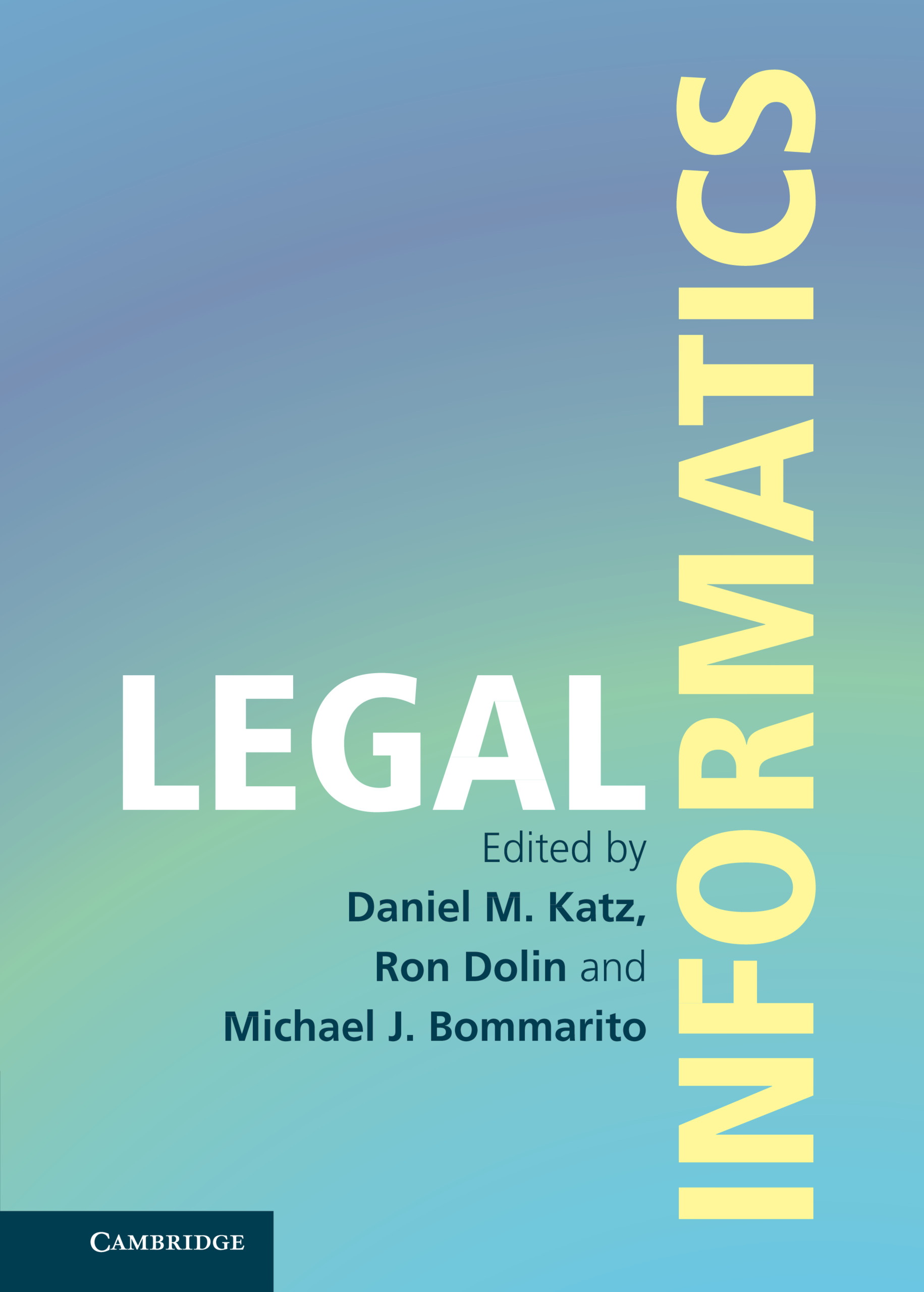Book contents
- Legal Informatics
- Legal Informatics
- Copyright page
- Contents
- Figures
- Tables
- Contributors
- Part I Introduction to Legal Informatics
- Part II Legal Informatics
- A Information Representation, Preprocessing, and Document Assembly
- 2.1 Representation of Legal Information
- 2.2 Information Intermediation
- 2.3 Preprocessing Data
- 2.4 XML in Law
- 2.5 Document Automation
- B. Artificial Intelligence, Machine Learning, Natural Language Processing, and Blockchain
- C. Process Improvement, Gamification, and Design Thinking
- D. Evaluation
- Part III Use Cases in Legal Informatics
- Part IV Legal Informatics in the Industrial Context
2.2 - Information Intermediation
from A - Information Representation, Preprocessing, and Document Assembly
Published online by Cambridge University Press: 04 February 2021
- Legal Informatics
- Legal Informatics
- Copyright page
- Contents
- Figures
- Tables
- Contributors
- Part I Introduction to Legal Informatics
- Part II Legal Informatics
- A Information Representation, Preprocessing, and Document Assembly
- 2.1 Representation of Legal Information
- 2.2 Information Intermediation
- 2.3 Preprocessing Data
- 2.4 XML in Law
- 2.5 Document Automation
- B. Artificial Intelligence, Machine Learning, Natural Language Processing, and Blockchain
- C. Process Improvement, Gamification, and Design Thinking
- D. Evaluation
- Part III Use Cases in Legal Informatics
- Part IV Legal Informatics in the Industrial Context
Summary
The storage, description, collection, organization, and selection of legal information is central to a legal system, whether public or private, professional or lay person, structured or unstructured, textual or non-textual. The ability to get timely information where it is needed is as important to law as it is to any other field, given that law is a system of written rules and procedures. Ignorantia juris non excusat – ignorance of the law is no excuse. But where citizens seek to know the law and cannot find it, they have a right to question its legitimacy, at least as applied to them. The function of the reference librarian within a brick and mortar library, while still invaluable, does not scale to the magnitude of the problem. Technological information intermediation, such as a search engine, can thus be increasingly viewed as a necessary component of a modern legal system, and familiarity with the basic concepts is an important tool in the legal technologist’s toolkit.
- Type
- Chapter
- Information
- Legal Informatics , pp. 41 - 54Publisher: Cambridge University PressPrint publication year: 2021

